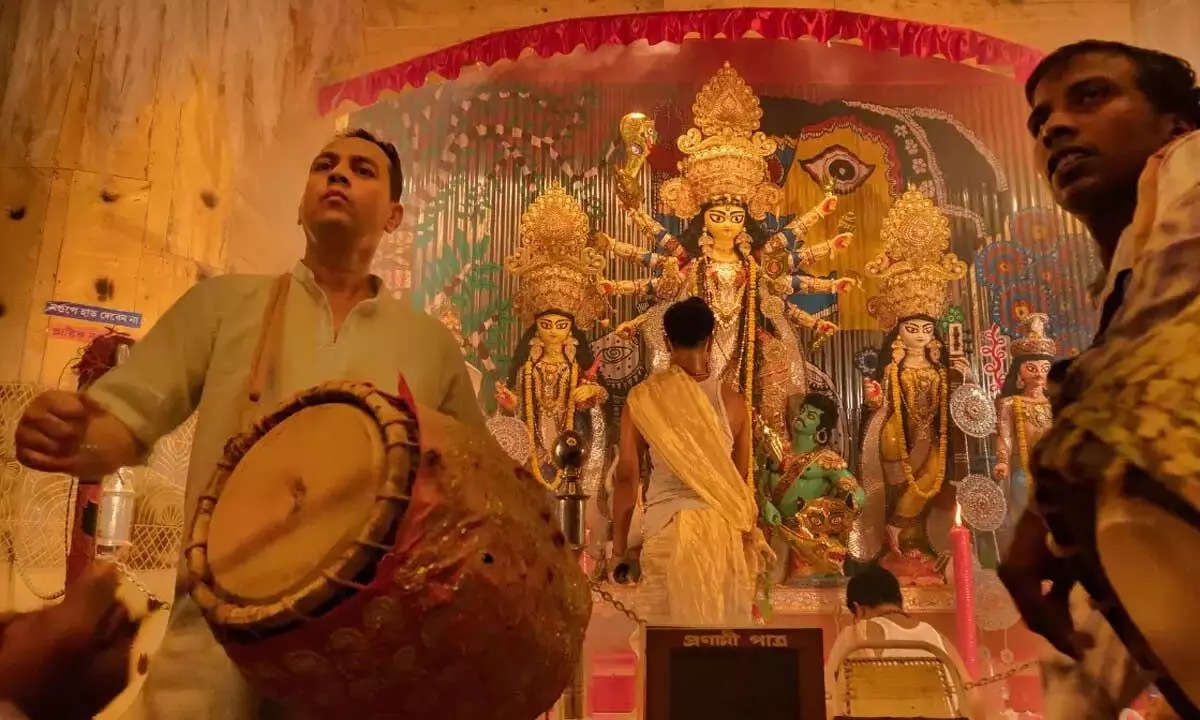Dussehra 2024: Significance, Dashami Muhurat, Rituals, and Puja Samagri

Discover the importance of Dussehra, Dashami Muhurat, traditional rituals, and essential Puja Samagri for celebrating this vibrant festival
Why is Dussehra Known as Vijayadashami?
Dussehra, also called Vijayadashami, is one of the most significant Hindu festivals, symbolizing the victory of good over evil. This day is celebrated in honour of Lord Ram’s triumph over Ravana, the demon king of Lanka, as described in the Ramayana. The term "Vijayadashami" translates to "victory on the tenth day," marking the conclusion of the ten-day-long battle between Ram and Ravana. Additionally, Dussehra also celebrates Goddess Durga’s victory over the buffalo demon Mahishasura, representing the triumph of righteousness.
Dashami Muhurat 2024
According to the Drik Panchang, the Dashami Tithi for Dussehra in 2024 begins at 10:58 AM on October 12 and will conclude at 09:08 AM on October 13.
How is Dussehra Celebrated?
Dussehra is celebrated across India with vibrant rituals and community gatherings.
• Ramlila Performances: The enactment of Lord Ram’s life, culminating in the burning of effigies of Ravana, Kumbhakarna, and Meghnath, is a key event.
• Effigy Burning: Large effigies of Ravana are set on fire, packed with fireworks, symbolizing the destruction of evil.
• Ayudha Puja: In South India, tools and instruments are worshipped as a token of gratitude.
• Durga Visarjan: In West Bengal, idols of Goddess Durga are immersed in water, marking the end of Navratri.
Puja Samagri for Dussehra
Traditional Puja Samagri includes mata chunri, incense sticks, turmeric powder, kumkum, ghee, fruits, betel leaves, flowers, and rice. Specific rituals also call for coconut, mango leaves, and saffron, with items like bangles, mirrors, and mehndi used for women's rituals.














